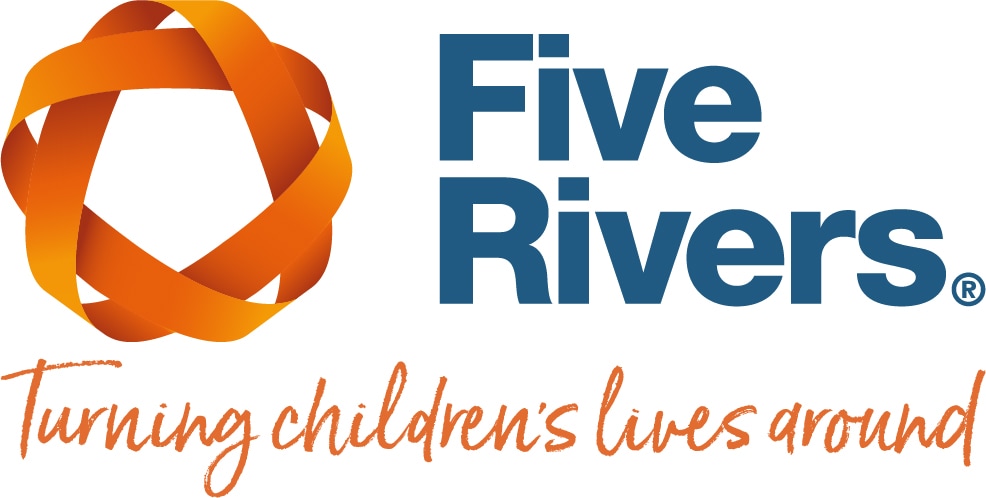Working in a children’s home during the pandemic
Over the past year, the impact of Coronavirus has been seen far and wide, impacting lives around the world, changing the way we do things. In this blog post, three of our Residential Child Care Workers, Connor, Tiffany and Nicole, share their experience of working in Residential Care during the pandemic, and their experiences of isolating with the children and young people in the home for 17-days following a COVID-19 outbreak within the home.
“Despite everything going on outside, work didn’t stop, we still had to nurture the children, no social distancing in place” – Nicole.
When the first Coronavirus restrictions were put into place, it remained ‘business as usual’ within our homes, Nicole reflects “I found it quite nice, I felt quite important. A lot of people were being furloughed, but I was still going to work, and nothing changed. I struggle without structure and routines and nothing changed for me. I had somewhere to go, work to do, and it just meant that when you were at home, you couldn’t do the outer activities”.
Within the home, a lot of visitations became digital – via Microsoft Teams. In the homes, the adults on shift had to ensure that visitors coming into the homes were ‘essential’, that they’d signed in, sanitised their hands, had their temperature checked, and followed all the protocols. The adults had to be extra alert to prevent the spread of Coronavirus.
“We still had to nurture the children, no social distancing in place – you can’t really when trying to be the therapeutic person for the children… you just sort of crack on, a different way of living, you just adjust, make the best of the routines within the home”.
The day to day running of the home did change though, just as everyone else had to adapt, so did The Orchard. For example, it wasn’t always possible to get food delivery slots, so sometimes the team would have to go to the shop, rather than just ordering online; the adults had to change how they supported the children, how they interacted with the ‘outside world’ – they could no longer go into schools to support the children.
Having to isolate in the home affected not only the adults, but the children and young people too, Tiffany shares “there was a massive increase in incidents because you are just inside. There is a garden, but having to be inside all the time, you do sort of get on top of each other, and there are only so many board games and arts and crafts you can do!”
Consistency is a key part of our Attachment and Trauma-Informed Care model, and the team ensured that the routines in the home stayed consistent, with the same wake-up times and bedtimes. They formed their own other mini routines throughout the day, for example, making use of what they could do. When a positive COVID test result came to the home, the whole home was completely confined to the house. The team were creative, lowering expectations, so if the young people didn’t want to do arts and crafts and wanted to sit and watch the television – that was ok. Something was better than nothing.
For Nicole, the biggest thing about isolating for the 17 days was being away from her family – “the biggest thing for me was being away from my family, when you are ill, all you want to do is lie in bed and chill out, watch Netflix, which we couldn’t do as we were still working – I found that difficult.”
Connor elaborates “We had to find a balance of self-care and being heightened, you knew you just had to be there for the young person, but at the same time, when you feel awful it’s not great. Although I didn’t feel too bad myself, the others didn’t look amazing. It definitely affects people differently – plenty of people that have had COVID have been really ill – so it’s an accomplishment that we’ve had it and worked through it.”
All three were pleased with the support offered by Five Rivers – particularly from Chelsea, The Orchard’s Registered Manager.
“Chelsea would text us every day to see how we were, telling us we were valued, that we were doing an amazing job, checking up on us. Not once did we feel like we were out of the loop. Every day there was a text or phone call”.
All three felt that one of the highlights was getting to know each other better. Tiffany felt that they were able to bounce off one another, and even though at times they probably got annoyed at each other, being able to form such good relations with the others in the home was great.
Connor also felt that his relationship with the young person improved during the 17-days they were isolating. “My relationship with the child improved and was really strong. We would have a laugh at each other and joke, and he felt like he could trust me. There were times when I had to do key sessions with him, and he engaged with them! Although some things he didn’t want to do, I feel like our bond has grown as a result.”
Reflecting on the 17-days in isolation, and how it felt when they finished the isolation period in the home.
“When I got home, I felt a bit sad because I missed Tiffany and Connor. You had a purpose and for 17 days you woke up and had somebody there and they enjoyed spending time with you. We all really cared about each other and it helped massively. I’ve never felt so loved, I think we were all very happy and had each other’s backs. We didn’t go a day without laughing or crying at each other, so it was an experience I will never forget.” – Nicole.
